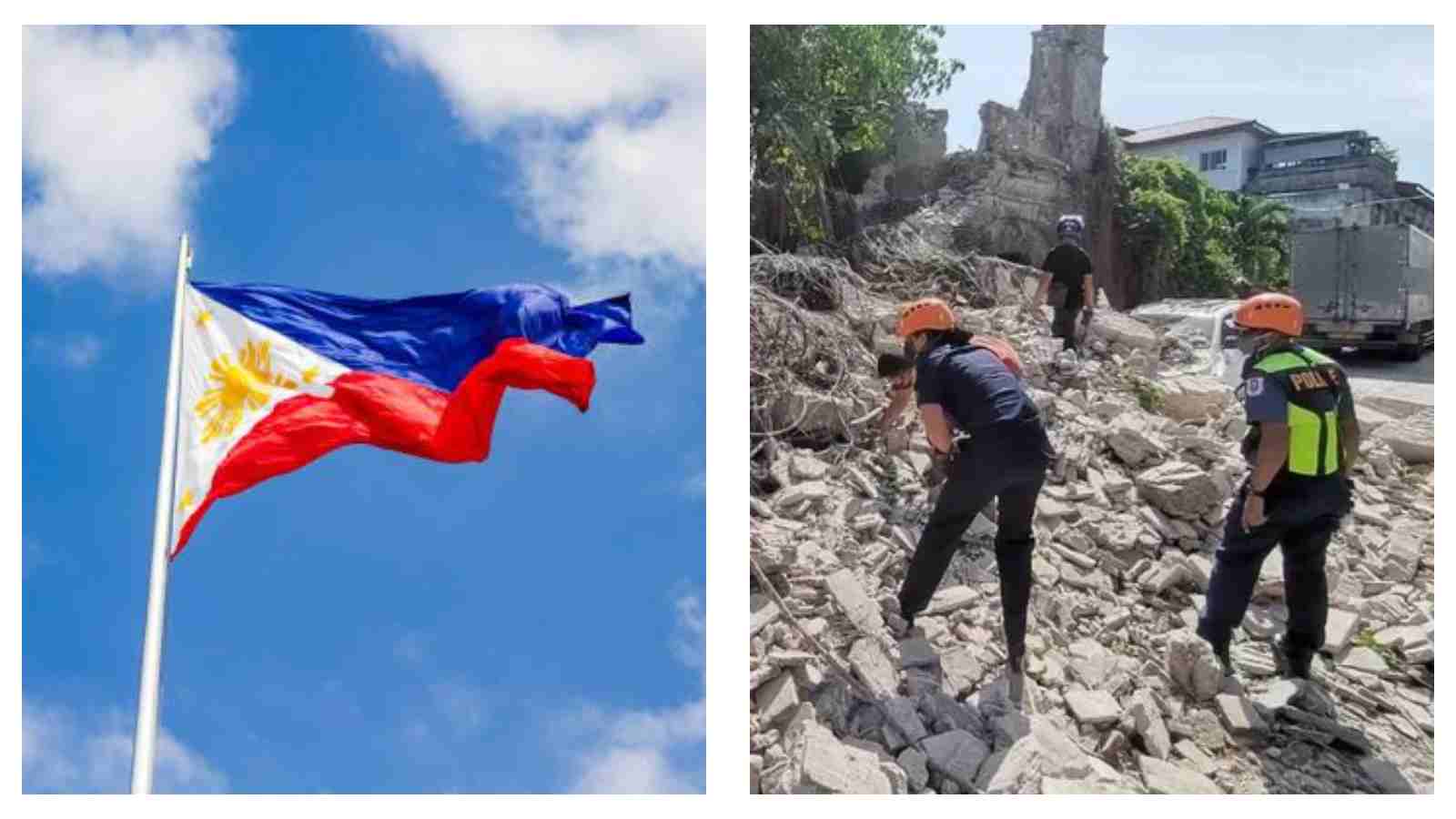By Andre Alfonso R. Gutierrez
As the Philippines continues to grapple with frequent natural disasters, including powerful earthquakes and destructive typhoons, a locally developed technology is reshaping how communities prepare for and respond to such events.
The Rapid Earthquake Damage Assessment System (REDAS) designed by the Department of Science and Technology – Philippine Institute of Volcanology and Seismology (DOST – PHIVOLCS) is proving to be a critical tool in disaster risk reduction and urban planning.
Developed to provide near-real-time assessments of earthquake impact and other natural hazards, REDAS is now being embraced by local governments seeking science-backed solutions to enhance resilience.
REDAS functions by simulating the effects of ground shaking, tsunamis and flooding.
The system equips local authorities with rapid risk assessment capabilities, enabling informed and timely decisions in the aftermath of a disaster.
System vital for Ring of Fire nations
For a country sitting on the Pacific Ring of Fire – one of the world’s most earthquake-prone regions – such tools are not a luxury, but a necessity.
Yet, while the technology itself is freely available, not all local government units (LGUs) have the capacity or technical know-how to use it effectively.
To bridge this gap, PHIVOLCS has launched a nationwide training campaign, offering hands-on instruction in REDAS applications, from hazard mapping to exposure database development.
YOU MAY ALSO LIKE:
REDAS ‘will save lives’
Dr Maria Leonila Bautista, associate scientist at PHIVOLCS, underscored the broader vision behind the initiative.
“REDAS is more than just a tool; it is an empowerment platform for local government units and communities.
“By providing them with science-backed data, they can plan better, act faster and ultimately save more lives,” she said in an interview with the Philippine Information Agency.
With climate change intensifying the frequency and impact of natural disasters, nations like the Philippines face mounting pressure to innovate and adapt.
REDAS represents a significant step in that direction – a locally crafted response to global challenges.
READ NEXT:
